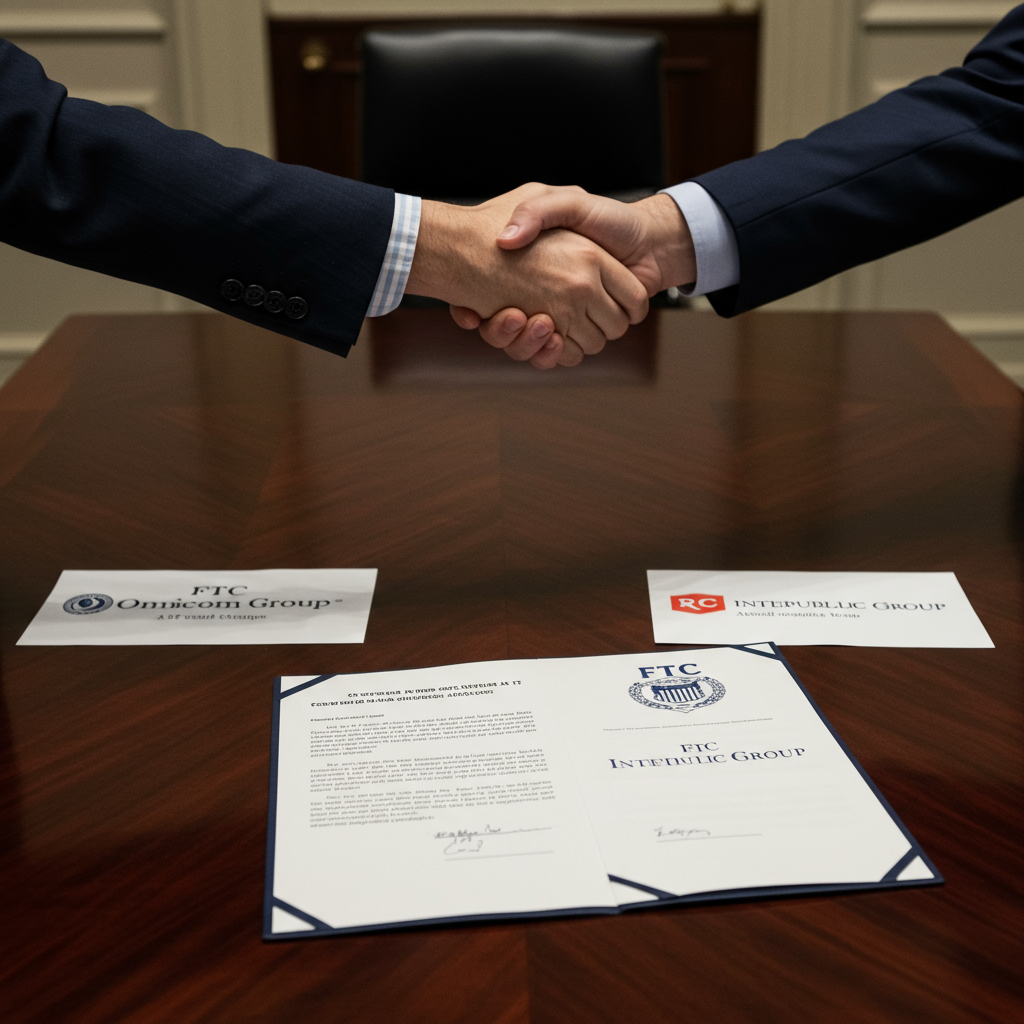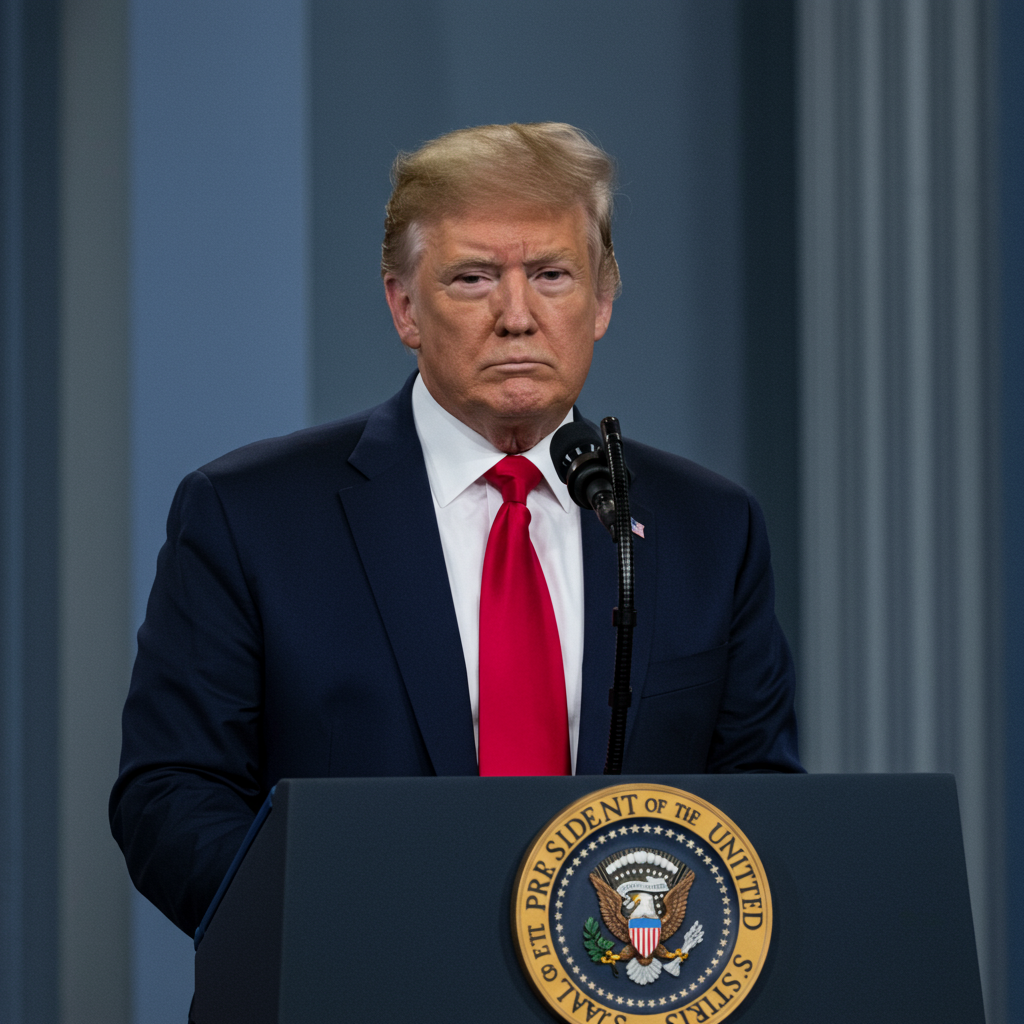Advertising Giants’ Merger Cleared: FTC Demands No Media Boycotts Based on Politics
In a significant development for the global advertising landscape, the Federal Trade Commission (FTC) has granted approval for the massive $13.5 billion merger between two industry titans, Omnicom Group and Interpublic Group. This long-awaited deal, bringing together two of the world’s largest advertising conglomerates, received its regulatory green light contingent on a unique agreement: the companies must pledge not to direct their clients’ advertising away from media platforms based solely on those platforms’ political content.
The Landmark “No-Boycott” Agreement
Detailed within a consent decree officially announced by the FTC, this agreement represents an unusual but impactful move from a key U.S. antitrust regulator. As part of the conditions for merger approval, Omnicom and Interpublic are explicitly prohibited from colluding with other advertising firms to encourage or orchestrate client boycotts targeting social media sites, magazines, television networks, or any other publishing platform due to their political or ideological viewpoints.
The FTC’s reasoning behind this specific mandate was articulated by Daniel Guarnera, Director of the FTC’s Bureau of Competition. He stated, “Coordination among advertising agencies to suppress advertising spending on publications with disfavored political or ideological viewpoints threatens to distort not only competition between ad agencies, but also public discussion and debate.” This highlights the commission’s concern that such actions could stifle diverse voices and harm competition in the advertising market.
Context and Broader Implications
This consent decree is viewed by some observers as aligning with broader governmental efforts aimed at addressing perceived political bias within corporate America. Specifically, it has been linked to initiatives seeking to utilize antitrust regulations to challenge what some consider “censorship” by powerful private entities.
Bill Kovacic, a former FTC commissioner, commented on this aspect, noting, “It’s a clear effort to deliver on the promise of the Trump-Vance program to use antitrust law to challenge censorship in technical antitrust terms.”
For the merging companies, the FTC’s approval clears a major hurdle. John Wren, chief executive of Omnicom Group, expressed satisfaction with the decision, stating he was “delighted” that the substantial $13.5 billion transaction with Interpublic was now able to move forward.
The merger’s progression, now under the watchful eye of the FTC’s no-boycott rule, sets a notable precedent regarding the intersection of antitrust regulation, corporate advertising practices, and the political landscape of media platforms.




